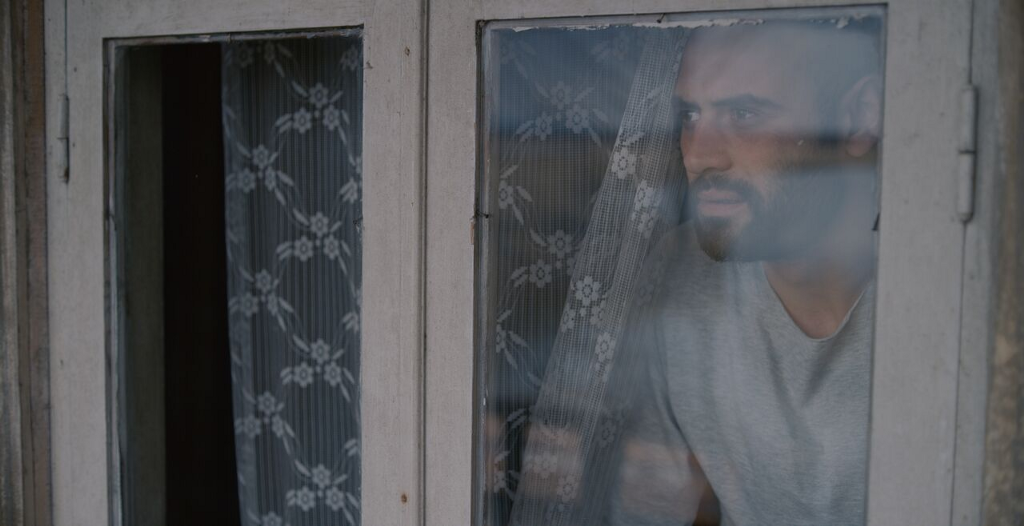Tinatin Kajrishvil made several short films before her feature debut, “Brides.” The drama premiered at the Berlinale in 2014, where it won the Audience Award, and went on to screen at many international festivals. Kajrishvili has also produced films such as “Scary Mother” and “The Summer of Frozen Fountains.”
“Horizon” premiered at the 2018 Berlinale on February 16.
W&H: Describe the film for us in your own words.
TK: “Horizon” is a divorce story about a couple. The main character is a man who isolates himself on an island and finds other lonely people who try to live with just themselves as company. For him, being rejected and forgotten is unbearable — he needs to learn to cope with that.
W&H: What drew you to this story?
TK: The increased amount of divorces and ways of starting new life after divorce.
W&H: What do you want people to think about when they are leaving the theater?
TK: To be more careful with their actions and words with others.
W&H: What was the biggest challenge in making the film?
TK: The entire process was challenging. Financing was not easy, and neither was shooting. Shooting and staying in the swamp under the rain in the frost is something I will not do again.
W&H: How did you get your film funded? Share some insights into how you got the film made.
TK: The film was financed by the Georgian National Film Center and the Swedish Film Institute. We had support from a production company that provided lighting and grips for free. And we kept everything very low budget, and worked with a small crew.
W&H: What does it mean for you to have your film play at the Berlinale?
TK: It’s a very good start for the film. I already experienced screening a film there with my previous feature, “Brides,” which played in Panorama in 2014 and got the Audience Award there.
The film had a great audience, with whom having a Q&A was an exiting and encouraging experience.
W&H: What’s the best and worst advice you’ve received?
TK: Most advice is not useful: every project and filmmaker is different, needs a different attitude, and that’s why filmmaking is the most exciting thing.
Every filmmaker has their own way of working and it never works for others.
W&H: What advice do you have for other female directors?
TK: I don’t divide directors according to their gender. Everyone has their own world and expresses it according to their creativity. It’s as difficult for males as it is for females — no difference.
W&H: Name your favorite woman-directed film and why.
TK: I love Sofia Coppola’s “Lost in Translation” and Julie Bertuccelli’s “Since Otar Left.” I can’t say why except that these are very good films, very human and pleasant to watch again and again.







